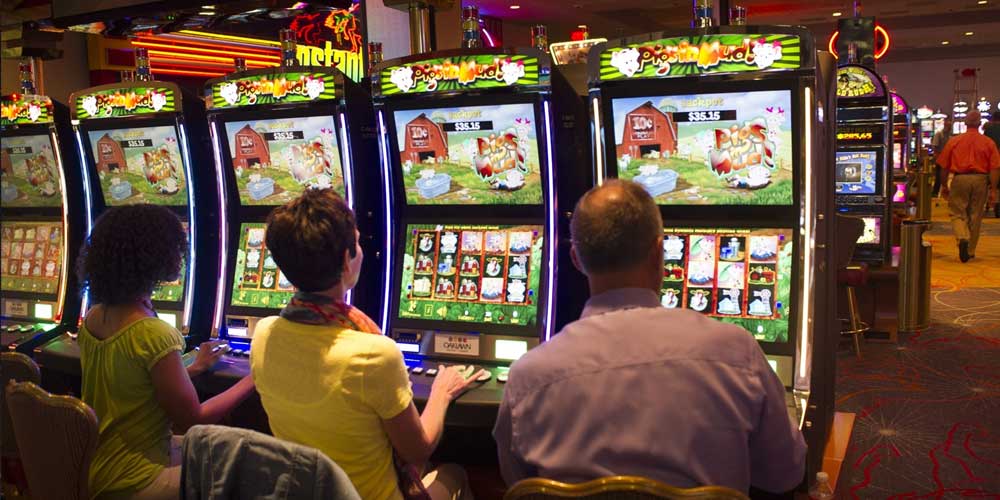KY Supreme Court Set to Hear Legality Case of Slot-Like Racing Machines

- The Kentucky Supreme Court will hear the case of the legality of the historic horse racing machines on Friday.
- The dispute has gone back and forth to the courts for nine years due to the slot-like look of the game and the issue of whether or not it is pari-mutual wagering.
- The industry has grown over the years and players spent $2.2 billion in bets on the machines last fiscal year.
FRANKFORT, Ky. - The Kentucky Supreme Court will hear arguments over the ongoing disputes of the legality of slot-like racing machines in the state on Friday.
The “historic horse racing” machines that mimic slots have attracted a large amount of revenue for gaming venues, but because casino gambling is illegal in the state, there are some that believe the machines are unlawful.
The case is now going to the state high court for the second time in the nine years of the battle between the conservative Family Foundation of Kentucky and the Kentucky Horse Racing Commission and racetracks.
The Family Foundation and those who oppose the machines, believes they are illegal video slot machines and a form of pari-mutuel betting.
Pari-mutual wagering refers to bets made against others like in live horse racing but with Historical horse racing, there is no requirement for players to bet on the same races on the dame day or payout based on what other players bet.
The idea of the legal gambling game is to allow players to bet on results of old horse races that are randomly selected and not seen by the bettor.
The design of the machines does give the look and feel of real slots but when the case went to the courts in 2018 the judges sided with the racetracks believing that the design was simply for entertainment purposes.
The industry has grown in spite of the continued controversy surrounding gaming machines. Kentucky only has four gaming venues that provide historical horse racing but at the end of this fiscal year on June 30, there was $2.2 billion spent in bets on the machines.
With the Historical horse racing total amount wagered increasing in the last five years even despite the pandemic closure in the last three months, racetracks hope the Supreme Court can finally remove the double about the legal status of the industry.
